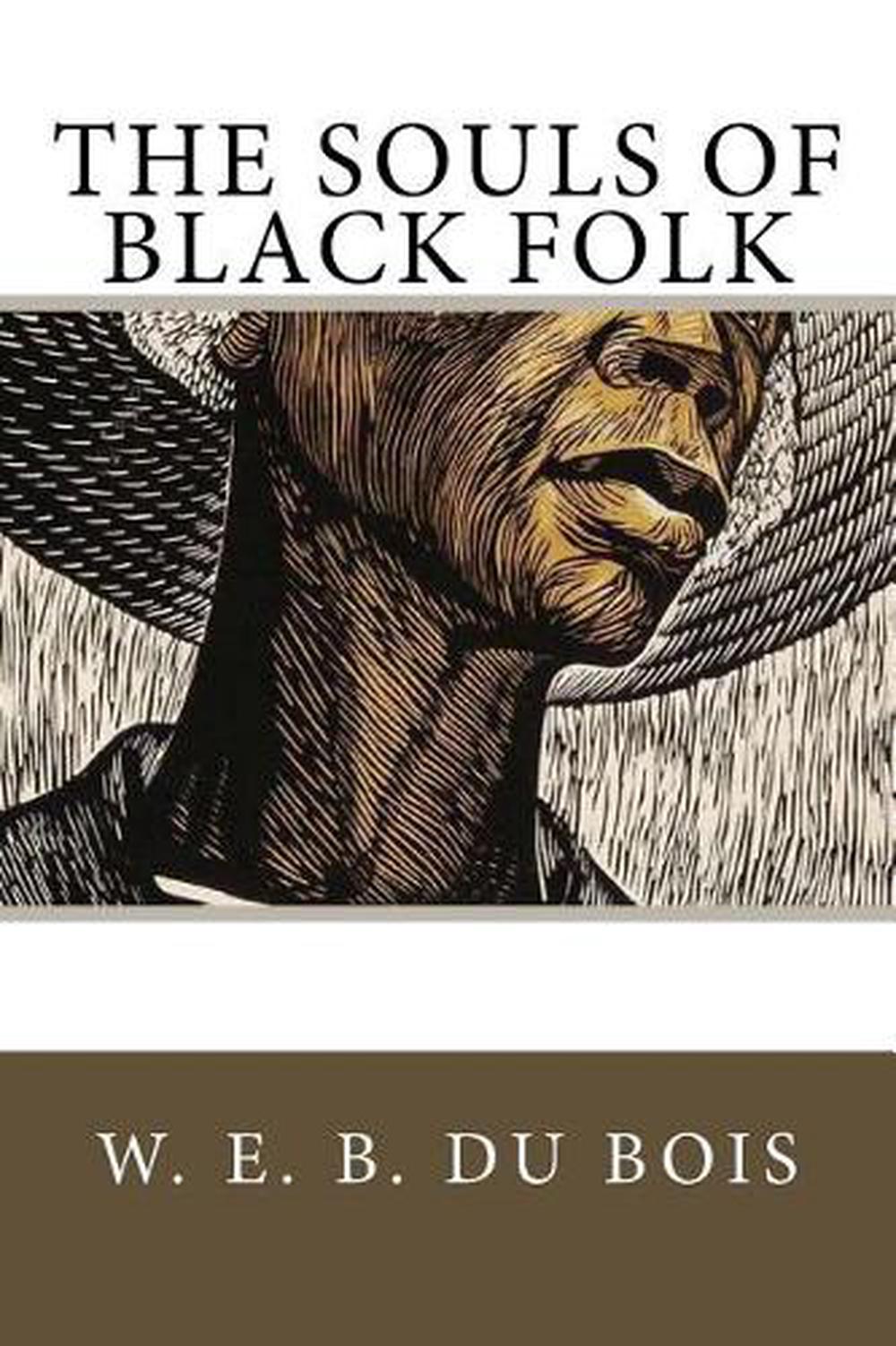
The Bureau's failures were due not only to southern opposition and "national neglect," but also to mismanagement and courts that were biased "in favor of black litigants." The Bureau did have successes as well, and its most important contribution to progress was the founding of African American schools. In addition to these enduring concepts, Souls offers an assessment of the progress of the race, the obstacles to that progress, and the possibilities for future progress as the nation entered the twentieth century.ĭu Bois examines the years immediately following the Civil War and, in particular, the Freedmen's Bureau's role in Reconstruction. In this work Du Bois proposes that "the problem of the Twentieth Century is the problem of the color-line." His concepts of life behind the veil of race and the resulting "double-consciousness, this sense of always looking at one's self through the eyes of others," have become touchstones for thinking about race in America.

Du Bois' The Souls of Black Folk (1903) is a seminal work in African American literature and an American classic.


 0 kommentar(er)
0 kommentar(er)
